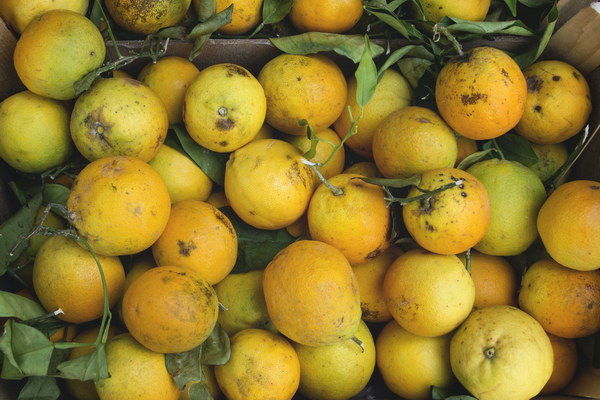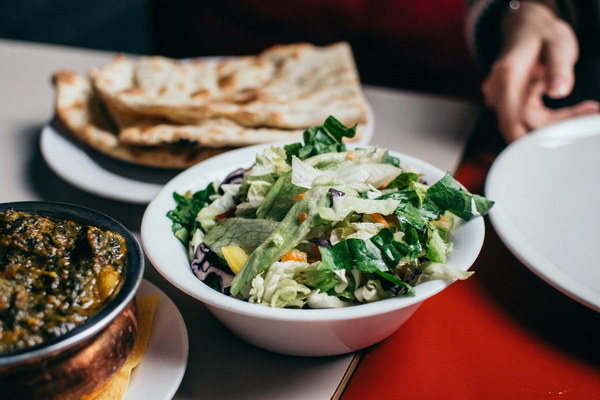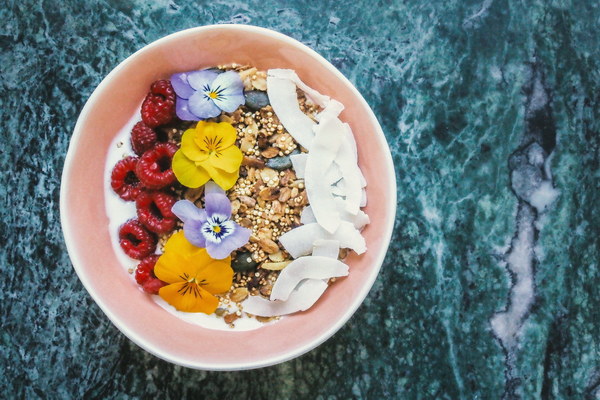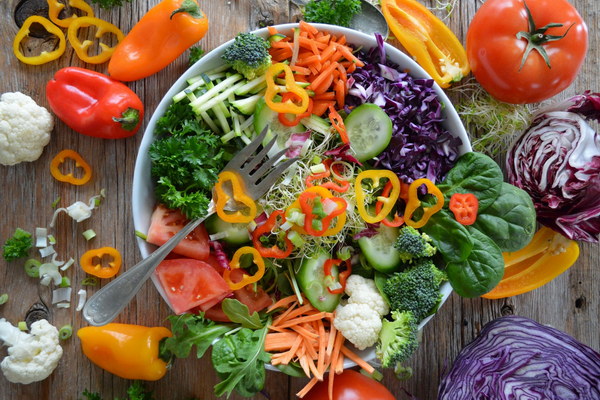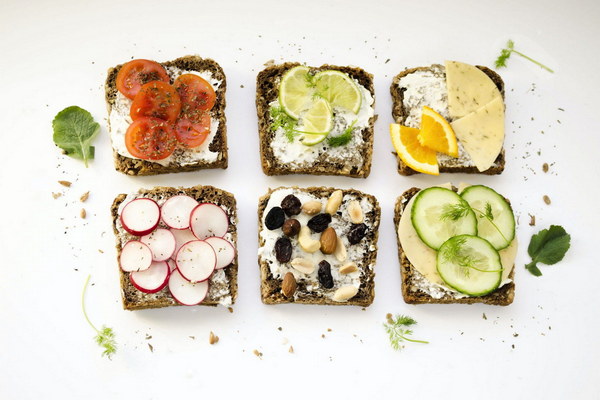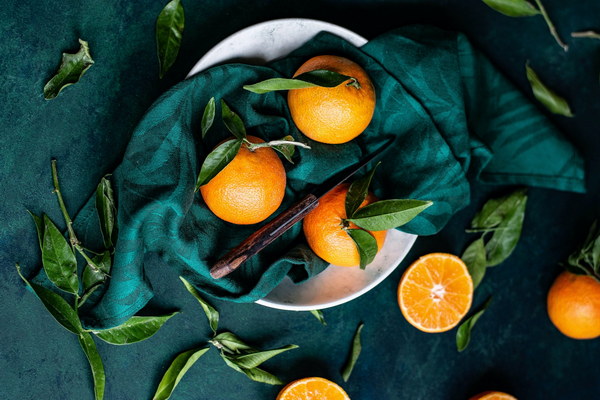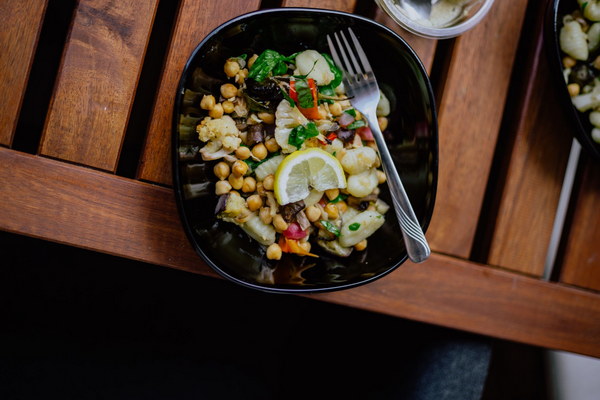How to Protect and Nourish Your Kidneys While Managing High Blood Pressure Foods to Include in Your Diet
Managing high blood pressure, also known as hypertension, is crucial for maintaining overall health. However, it's equally important to focus on kidney care, as the kidneys play a significant role in filtering waste and excess fluid from the blood. This article will guide you on how to protect and nourish your kidneys while managing high blood pressure, with a focus on the best foods to include in your diet.
1. Limit Salt Intake
Excess salt can lead to high blood pressure and strain the kidneys. To protect your kidneys, it's essential to reduce your salt intake. Opt for fresh, whole foods over processed and packaged items. When cooking, use herbs and spices to enhance flavor instead of salt.
2. Choose Kidney-Friendly Foods
Selecting the right foods can help manage high blood pressure and support kidney health. Here are some kidney-friendly foods to include in your diet:
- Leafy Greens: Spinach, kale, and collard greens are rich in potassium, which can help lower blood pressure. These vegetables also provide essential nutrients and fiber.
- Berries: Strawberries, blueberries, and raspberries are low in potassium and contain antioxidants that can reduce inflammation and protect the kidneys.
- Cucumbers: Cucumbers have a high water content and can help reduce blood pressure. They also contain potassium and magnesium, which are beneficial for kidney health.
- Beets: Beets are a good source of potassium and nitrates, which can help lower blood pressure. They also have a diuretic effect, which can help remove excess fluid from the body.
- Garlic: Garlic contains compounds that can help lower blood pressure and reduce the risk of kidney damage. Incorporate garlic into your meals by adding it to salads, sauces, and dressings.
- Avocado: Avocado is rich in potassium, fiber, and healthy fats. It can help manage blood pressure and reduce the risk of kidney disease.
3. Stay Hydrated
Drinking plenty of water is crucial for kidney health. Adequate hydration can help maintain normal blood pressure and support kidney function. Aim to drink at least 8 glasses of water per day, or more if you are active or live in a hot climate.
4. Limit Protein Intake
Consuming excessive protein can put a strain on the kidneys. To protect your kidneys, limit your protein intake to moderate levels. Choose lean sources of protein, such as fish, poultry, and plant-based options like lentils and tofu.
5. Include Antioxidants
Antioxidants can help reduce oxidative stress and protect the kidneys from damage. Incorporate foods rich in antioxidants into your diet, such as:
- Berries: As mentioned earlier, berries are rich in antioxidants and can support kidney health.
- Nuts and Seeds: Almonds, walnuts, chia seeds, and flaxseeds are all great sources of antioxidants.
- Green Tea: Green tea contains catechins, which are powerful antioxidants that can help reduce the risk of kidney disease.
6. Avoid Alcohol and Caffeine
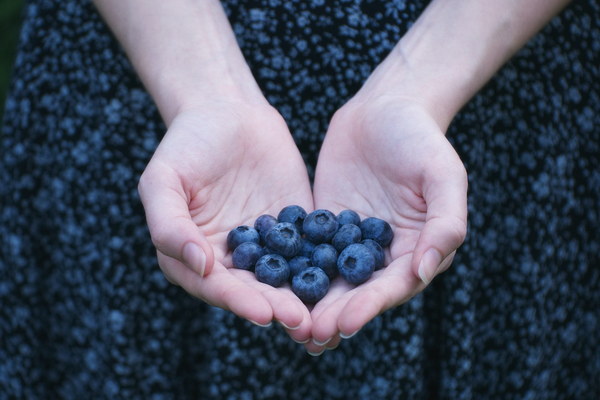
Excessive alcohol consumption can damage the kidneys and worsen high blood pressure. Similarly, caffeine can increase blood pressure in some individuals. Limit your intake of alcohol and caffeine to support kidney health.
In conclusion, managing high blood pressure and protecting your kidneys go hand in hand. By incorporating kidney-friendly foods into your diet, limiting salt and protein intake, staying hydrated, and avoiding alcohol and caffeine, you can support your kidney health while managing hypertension. Remember to consult with a healthcare professional for personalized advice and dietary recommendations.
